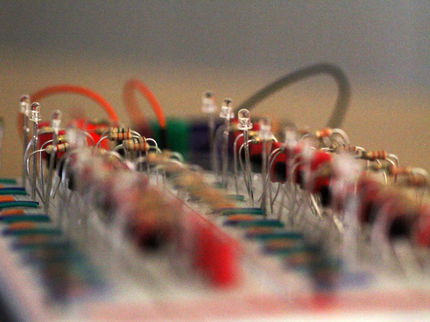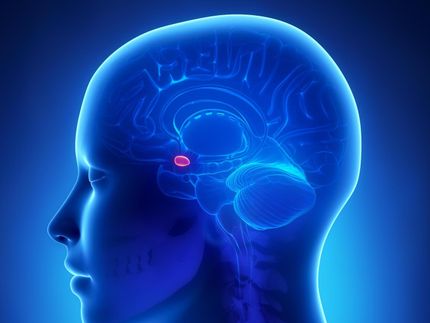A replay of life: What happens in our brain when we die?
Scientists recorded the activity of a dying human brain, revealing rhythmic wave patterns similar to those that occur during dreaming and meditation
Imagine reliving your entire life in the space of seconds. Like a flash of lightning, you are outside of your body, watching memorable moments you lived through. This process, known as ‘life recall’, can be similar to what it’s like to have a near-death experience. What happens inside your brain during these experiences and after death are questions that have puzzled neuroscientists for centuries. However, a new study published to Frontiers in Aging Neuroscience suggests that your brain may remain active and coordinated during and after the transition to death, and may even be programmed to orchestrate the whole ordeal.

Symbolic image
pixabay.com
When an 87-year-old patient developed epilepsy, Dr Raul Vicente of the University of Tartu, Estonia and colleagues used continuous electroencephalography (EEG) to detect the seizures and treat the patient. During these recordings, the patient had a heart attack and passed away. This unexpected event allowed the scientists to record the activity of a dying human brain for the first time ever.
Findings ‘challenge our understanding of when exactly life ends’
“We measured 900 seconds of brain activity around the time of death and set a specific focus to investigate what happened in the 30 seconds before and after the heart stopped beating,” said Dr Ajmal Zemmar, a neurosurgeon at the University of Louisville, US, who organised the study.
“Just before and after the heart stopped working, we saw changes in a specific band of neural oscillations, so-called gamma oscillations, but also in others such as delta, theta, alpha and beta oscillations.”
Brain oscillations (more commonly known as ‘brain waves’) are patterns of rhythmic brain activity normally present in living human brains. The different types of oscillations, including gamma, are involved in high-cognitive functions, such as concentrating, dreaming, meditation, memory retrieval, information processing, and conscious perception, just like those associated with memory flashbacks.
“Through generating oscillations involved in memory retrieval, the brain may be playing a last recall of important life events just before we die, similar to the ones reported in near-death experiences,” Zemmar speculated. “These findings challenge our understanding of when exactly life ends and generate important subsequent questions, such as those related to the timing of organ donation.”
A source of hope
While this study is the first of its kind to measure live brain activity during the process of dying in humans, similar changes in gamma oscillations have been previously observed in rats kept in controlled environments. This means it is possible that, during death, the brain organises and executes a biological response that could be conserved across species.
These measurements are, however, based on a single case and stem from the brain of a patient who had suffered injury, seizures and swelling, which complicate the interpretation of the data. Nonetheless, Zemmar plans to investigate more cases and sees these results as a source of hope.
“As a neurosurgeon, I deal with loss at times. It is indescribably difficult to deliver the news of death to distraught family members,” he said.
“Something we may learn from this research is: although our loved ones have their eyes closed and are ready to leave us to rest, their brains may be replaying some of the nicest moments they experienced in their lives.”
























































